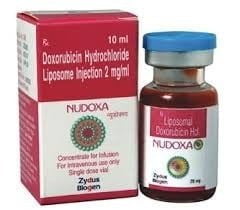GSK reduces HIV drugs prices for poor countries
Fifth time the GlaxoSmithKline company has made a price reduction for its HIV medicines offered on a not-for-profit basis to the world?s poorest countries. – GSK today announced significant new price reductions for its HIV medicines offered on a not-for-profit basis to the world’s poorest countries. This reduction is the fifth time the company has made a price reduction as part of its pioneering preferential pricing policy originally introduced in 1997.

